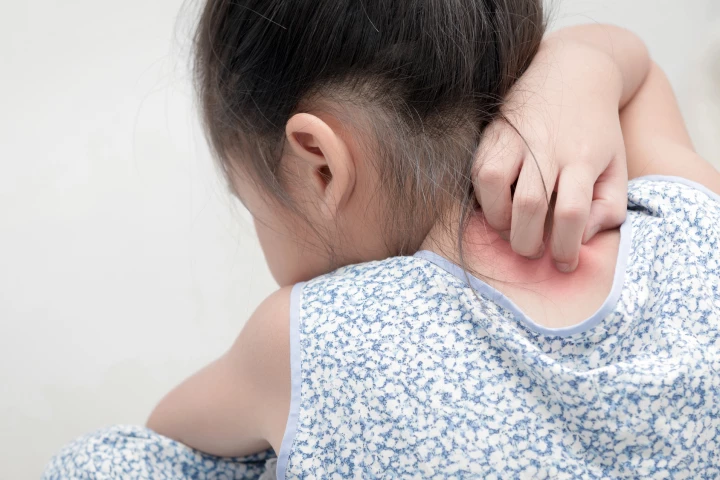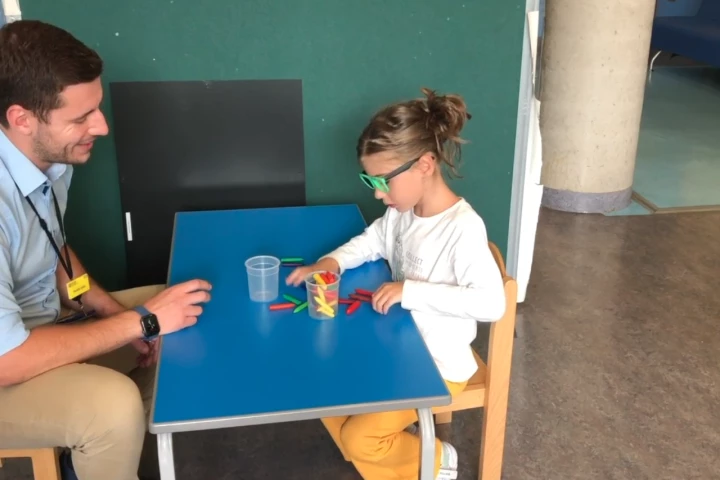Children
-
Since a Ferrari 330 P2 Junior claimed the world record price for a children's car at auction in February 2021, prices have been surging, culminating in Paris last week when RM Sotheby's sold a Ferrari Testa Rossa J that pushed the record to $243,864.
-
Lego's construction sets have been a fantastic choice for analog play for decades now. These building blocks are set to get way more interesting with the new Smart Play system that features electronics-packed bricks for more immersive playtime.
-
In the first US study looking at whether the recommended fluoride levels in drinking water affects brain function, researchers have found that the hot-button mineral has no negative impacts on cognition – and may actually be giving it a boost.
-
The Stickerbox turns your child's wildest ideas – like a lizard riding a skateboard – into printed stickers they can tear off immediately and color in using regular pencils and crayons. It's basically generative AI and a printer, and it's genius.
-
A simple haircut may reveal more than just split ends. By testing for the stress hormone cortisol, which is stored in hair, researchers can identify kids with chronic illness who face the greatest risk of anxiety, depression, or behavioral struggles.
-
When parents sit too much, their kids tend to follow suit. But if parents keep active, children don’t mirror the same sedentary habits, a new study has shown. It highlights the power of parents as role models for healthier lifestyles.
-
Higher vitamin D in pregnancy could mean sharper minds for kids years later. A large US study found early pregnancy may be the key window for boosting brain development, especially in children of Black mothers.
-
A major new study has found that verbal abuse in childhood may be just as damaging to long-term mental well-being as physical abuse. This groundbreaking research highlights the need to treat verbal abuse as a serious public health issue.
-
Children exposed to the common antimicrobial triclosan were more likely to develop allergic symptoms, a new study has found. It raises fresh concerns over the health impacts of a chemical widely used in everyday products.
-
Why don’t we remember specific events during those crucial first few years, when our brains worked overtime to learn so much? A new Yale study finds evidence that we do form memories, but can’t retrieve them.
-
In recent years, there has been an increase in kids becoming seriously ill soon after drinking sugar-free slushies. A new study has pointed the finger at glycerol, a compound that’s used as a sugar substitute and, until now, has been considered safe.
-
Scientists in the UK have successfully used gene therapy to restore some vision to legally blind children with an inherited retinal condition. All 11 children in the clinical trial saw improvements within weeks of a single surgical treatment.
Load More











